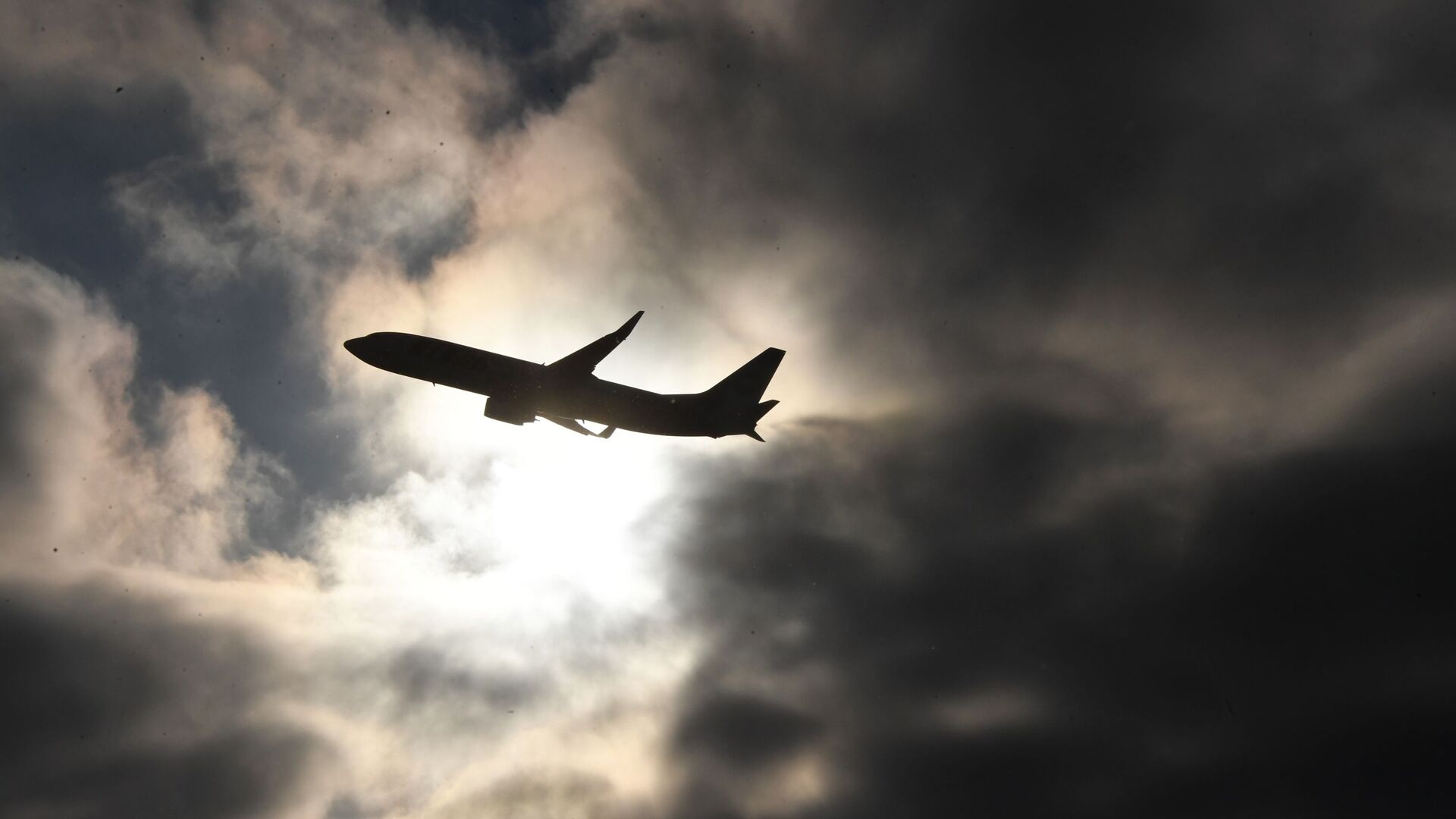https://sputnikglobe.com/20220805/russias-rostec-develops-protection-system-to-stop-birds-from-crashing-into-passenger-planes-1098280478.html
Russia's Rostec Develops Protection System to Stop Birds From Crashing Into Passenger Planes
Russia's Rostec Develops Protection System to Stop Birds From Crashing Into Passenger Planes
Sputnik International
MOSCOW (Sputnik) - Russian state-owned aerospace and defense corporation Rostec announced on Friday that it has developed a safety system called Orni that can... 05.08.2022, Sputnik International
2022-08-05T16:49+0000
2022-08-05T16:49+0000
2022-08-05T16:49+0000
russia
science & tech
birds
planes
https://cdn1.img.sputnikglobe.com/img/107820/64/1078206416_0:37:3073:1765_1920x0_80_0_0_7538486b1ae28604c8741359d79763c0.jpg
"Russian electronics vendor Ruselectronics, a subsidiary of Rostec, developed an ornithological flight safety system called Orni. It can monitor the flight of about 100 birds simultaneously up to 21 kilometers [13 miles] away," the statement read.The equipment of the new system passed operation tests at the Pulkovo airport in St. Petersburg, according to Rostec. Orni comprises a radar location and tracking system, equipped with one to four passive coherent radars and a subsystem that is linked to bio acoustic emitters that scare away birds flying dangerously close to aircraft. The devices do not interfere or affect the operation of aircraft and airport radio equipment, the statement said.The Orni system is completely automatic and has software that records and archives all bird flights, as well as monitors the operation of subsystems and exchanges information with other airport services.According to the International Civil Aviation Organization (ICAO), over 5,000 passenger planes collide with birds annually. In almost half of the cases, birds strike the engine, after which the plane has to return to the airport. In 1965 ICAO introduced the Bird Strike Information System, IBIS, which collects data on all such accidents. According to IBIS, 96% of such accidents occurred on or near airports, with 39% during take-off phase and 57% during decent.
russia
Sputnik International
feedback@sputniknews.com
+74956456601
MIA „Rossiya Segodnya“
2022
Sputnik International
feedback@sputniknews.com
+74956456601
MIA „Rossiya Segodnya“
News
en_EN
Sputnik International
feedback@sputniknews.com
+74956456601
MIA „Rossiya Segodnya“
Sputnik International
feedback@sputniknews.com
+74956456601
MIA „Rossiya Segodnya“
russia, science & tech, birds, planes
russia, science & tech, birds, planes
Russia's Rostec Develops Protection System to Stop Birds From Crashing Into Passenger Planes
MOSCOW (Sputnik) - Russian state-owned aerospace and defense corporation Rostec announced on Friday that it has developed a safety system called Orni that can stop birds crashing into passenger planes.
"Russian electronics vendor Ruselectronics, a subsidiary of Rostec, developed an ornithological flight safety system called Orni. It can monitor the flight of about 100 birds simultaneously up to 21 kilometers [13 miles] away," the statement read.
The equipment of the new system passed operation tests at the Pulkovo airport in St. Petersburg, according to Rostec. Orni comprises a radar location and tracking system, equipped with one to four passive coherent radars and a subsystem that is linked to bio acoustic emitters that scare away birds flying dangerously close to aircraft. The devices do not interfere or affect the operation of aircraft and airport radio equipment, the statement said.
The Orni system is completely automatic and has software that records and archives all bird flights, as well as monitors the operation of subsystems and exchanges information with other airport services.
According to the International Civil Aviation Organization (ICAO), over 5,000 passenger planes collide with birds annually. In almost half of the cases, birds strike the engine, after which the plane has to return to the airport. In 1965 ICAO introduced the Bird Strike Information System, IBIS, which collects data on all such accidents. According to IBIS, 96% of such accidents occurred on or near airports, with 39% during take-off phase and 57% during decent.

